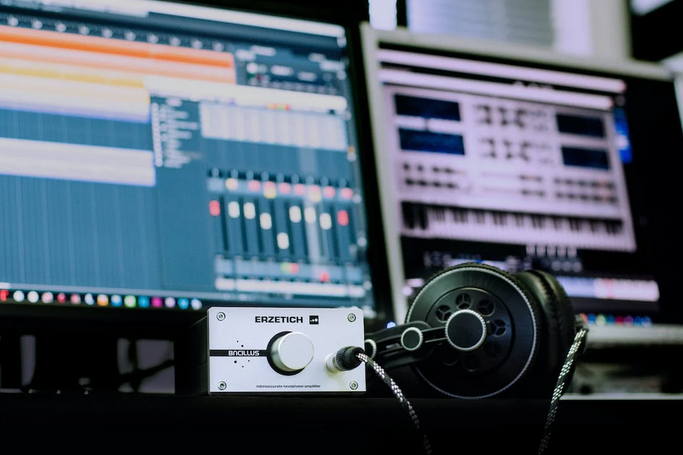Music production is both an art and a science, involving the process of creating, recording, and refining music to achieve a professional and polished sound. Great music production hinges on key elements such as sound quality, beat creation, and effective mixing and mastering techniques. There is a free sample pack online that you can use to get started. In this blog post, we’ll delve into simple yet effective tips to enhance your music production skills, helping you optimize sound quality and create better beats.
What Is Music Production?

At its core, music production is the process of bringing a musical idea to life. It involves various stages, including songwriting, arranging, recording, editing, mixing, and mastering. The ultimate goal is to create a final product that sounds great and captures the listener’s attention.
Key Elements of Great Music Production
To create outstanding music, it’s essential to focus on the following elements:
- Sound Quality: The overall audio quality of your tracks plays a crucial role in how listeners perceive your music.
- Beat Creation: Unique and catchy beats can make your music stand out and engage your audience.
- Mixing and Mastering: These processes ensure that your tracks have the right balance and polish, giving them a professional touch.
Now that we’ve covered the basics, let’s dive into practical tips to improve your music production skills.
Tips to Enhance Your Music Production
1. Invest in High-Quality Gear
Your music production journey starts with the right gear. Investing in high-quality equipment, such as a reliable audio interface, studio monitors, and a professional-grade microphone, can significantly improve your recordings’ sound quality. While these items may come with a higher price tag, the improvement in sound quality will be well worth the investment.
2. Choose the Right Software
With countless software options available on the market, it can be overwhelming to determine which ones are worth using in music production. To achieve great sound quality, focus on acquiring software to enhance your recordings in key areas such as equalization, compression, reverb, and noise reduction.
3. Learn Professional Techniques
Taking the time to study and master professional music production techniques can significantly elevate your sound quality. Some important skills to develop include:
- Beat creation: Creating unique and catchy beats can make your music stand out and capture the attention of listeners.
- Mixing: Understanding how to mix tracks effectively can help you achieve a balanced and polished sound.
- Mastering: Learning how to master your tracks can help them sound more polished and professional.
4. Optimize Sound Quality
 To optimize sound quality, consider the following tips:
To optimize sound quality, consider the following tips:
- Room Acoustics: Ensure your recording space has proper acoustic treatment to minimize unwanted reflections and echoes.
- Microphone Technique: Experiment with different microphone placements and angles to capture the best sound from your instruments and vocals.
- Equalization: Use EQ to balance the frequencies in your mix, ensuring each instrument has its own space in the sonic spectrum.
- Compression: Apply compression to control the dynamic range of your tracks, making them sound more cohesive and polished.
5. Collaborate and Learn From Others
Networking with other music producers and artists can provide valuable insights and inspiration. Attend workshops, join online forums, and collaborate with fellow musicians to learn new techniques and expand your creative horizons.
Good music production is an essential aspect of creating captivating and memorable music. By focusing on sound quality, beat creation, and effective mixing and mastering techniques, you can take your music production skills to the next level. Remember, practice makes perfect, so keep honing your craft and experimenting with new ideas.




